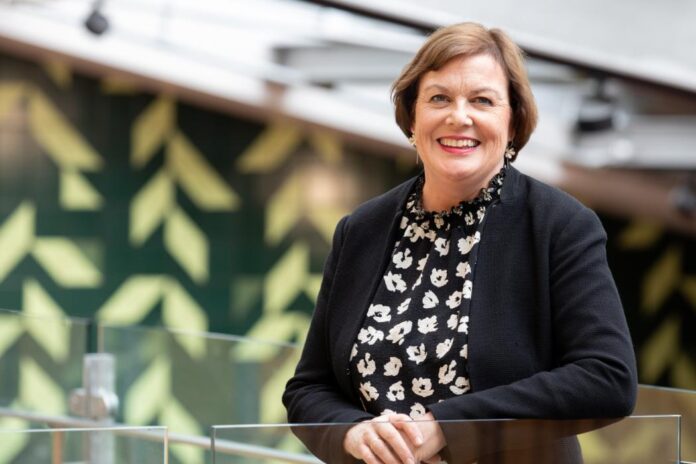Source: University of Canterbury
01 March 2022
By Professor Bronwyn Hayward MNZM The weight of new evidence in this latest IPCC report is telling us that we are moving more quickly than previously expected, to reach the limits of the climate risk we can adapt to.
-
IPCC cities lead author, UC’s Professor Bronwyn Hayward says we can secure a liveable future, but the time to act is now.
New Zealanders only need to look to the recent repeat flooding in Westport, or Brisbane and wider Queensland this week, where eight lives have been lost and 50,000 homes are currently without power, to understand what ‘reaching the limits of adaptation’ really means.
This report indicates that 40 percent of the world, or 3.5 billion people are now “highly vulnerable” to climate change, particularly in cities where cascading and compounding risks such as heat combined with air pollution will impact on all residents but particularly the most vulnerable, including the poor, the elderly, children, disabled, Indigenous communities and ethnic minorities.
But the report also says we can secure a liveable future if we act now to both protect people and the planet, and reduce greenhouse gas emissions. The report highlights the importance of bringing national government funding to support equitable local community partnerships and taking collective action.
This isn’t about building more seawalls or planting large blocks of exotic trees as carbon sinks. Some of this action is inevitable but the evidence suggests this needs to be very carefully managed to avoid new and greater risk and impacts.
Instead, the report also focuses on the value of social infrastructure (income protection, education, health and housing) alongside green ecological investment and engineering to secure a more liveable future, especially in cities, where two-thirds of the world will be living by 2050.
Despite the stark messages, I do find it remarkable that nearly 200 governments have signed it off this report, acknowledging that climate impacts are now questions of “human rights”, and “justice” and that Indigenous and local knowledge and “equitable” partnerships are the best way to solve these problems.
The report is clear, we have a very short time now to make the major investments and take the action we need to protect our communities. This will be challenging, but the time to act is now.
Find out more: Professor Hayward will discuss the latest IPCC report in a free online talk on Wednesday 2 March: Tauhere UC Connect: What does the new IPCC climate report mean for our cities?
About: University of Canterbury Ahorangi Professor Bronwyn Hayward, is a coordinating lead author of the 2022 IPCC report by Working Group II and co-leading the global chapter on Cities and infrastructure. She was recently named the Supreme Winner at the annual Women of Influence Awards and also won the Environment Award.
Media contact:
- Email: media@canterbury.ac.nz Ph: (03) 369 3631 or 027 503 0168



